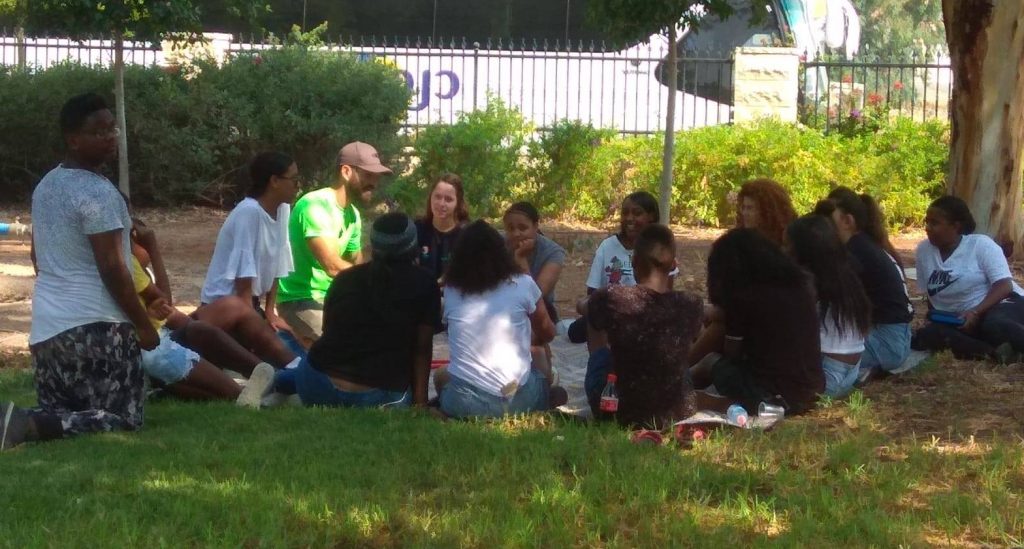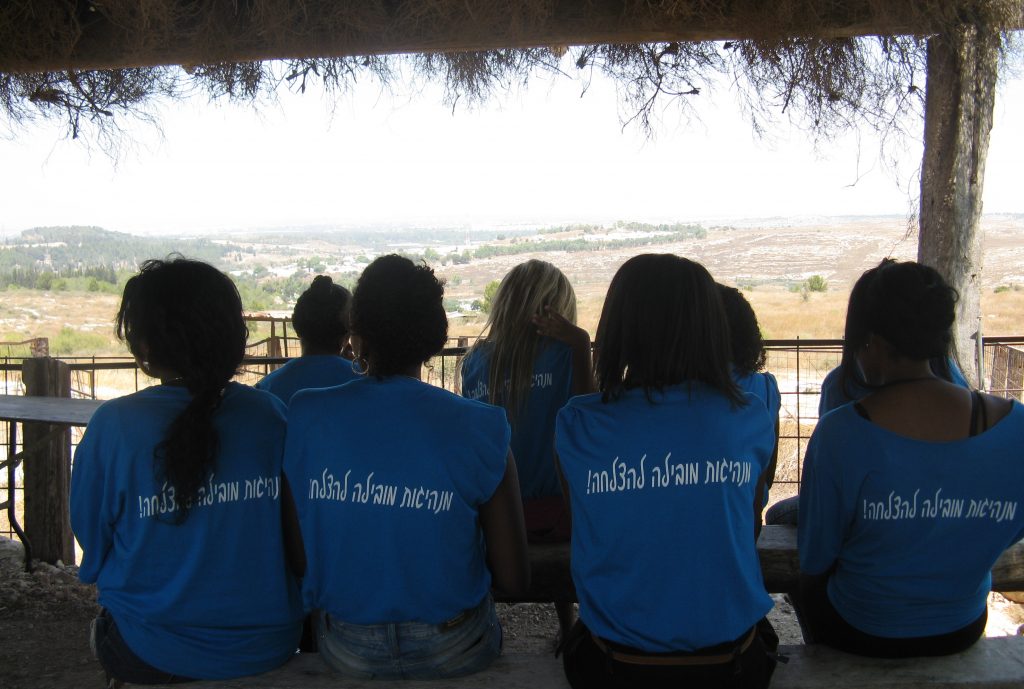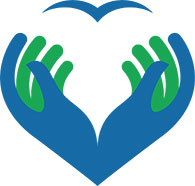FIDEL’s HTML Program develops young leadership through personal empowerment, volunteering and social involvement utilizing initiative and entrepreneurship.
The program challenges the participants to face challenges and overcome them via effort and initiative. In order to address the most immediate challenge, succeeding in school, the program matches each participant with an adult mentor from Israel’s high tech sector. By witnessing improved results in school, the teens begin to realize that they can change their reality by effort.
The program also focuses on instilling a drive towards excellence, taking on responsibility, and internalization of special characteristics of the Beta Israel community such as resourcefulness and perseverance. These teens will serve as voices advocating for the community and for a better Israeli society.
Participants are recruited from Fidel’s network of youth centers and from the schools where Fidel’s educational mediators operate across the country. The program coordinates special activities with the youth departments of local municipalities.
The program is designed for 9th graders and continues through 11th grade.

פעילות מנהיגות צעירה -2018
Program Goals:
The overall goal of the program is to help Ethiopian Israeli teens reach new frontiers and serve as role models to their peers, and ultimately as agents of change within their communities and Israeli society.
- Personal level: developing personal awareness, sense of self-efficacy, improving self-image and honing effective communication skills.
- Group level: developing leadership skills and improving interpersonal communication
- Community level: fostering a sense of responsibility for the community and strengthening the ability to influence their surroundings



